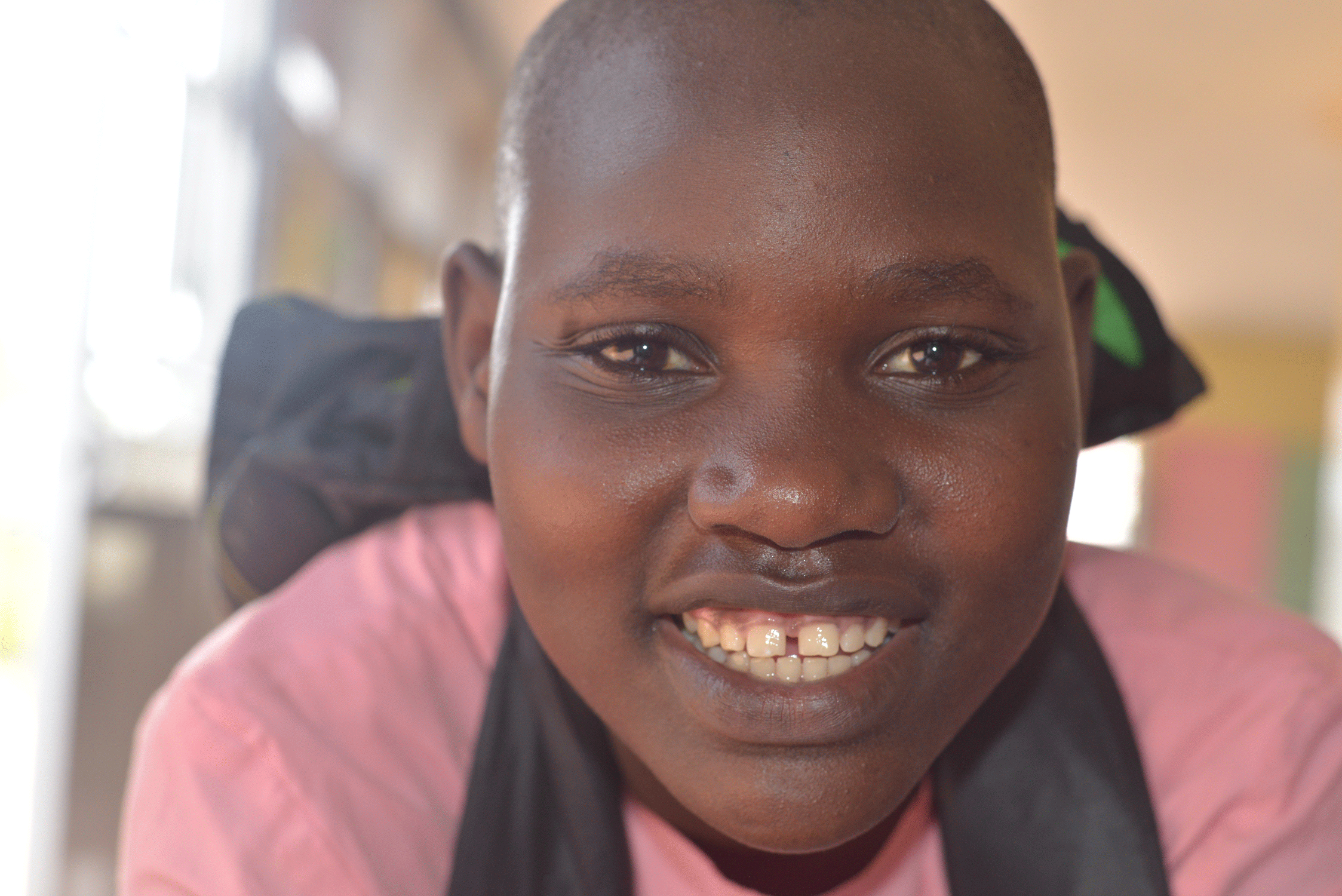
It is estimated that 16% of the population of Uganda has a disability.
In 1995 the constitution was updated to include education as a basic right for all Ugandan children as a first step towards addressing the needs of persons with disabilities. In 2003 the National Council for Disability Act was established to address complaints of violations of the constitution, but it has not handled a single complaint since inception due to capacity constraints. In 2006 the Persons with Disabilities Act was enacted.
The objectives of the Persons with Disabillities act are as follow:
-
to promote dignity and equal opportunities for persons with disabilities
-
to develop and promote the participation of persons with Disabilities in all aspects of life as equal citizens of Uganda
-
to encourage the people and all sectors of government and Community recognize, respect and accept difference and Disability as part of humanity and human diversity
-
to eliminate all forms of discrimination of persons with Disabilities on grounds of their disabilities
-
to encourage all sectors of government and community to Promote and include disability issues into all economic, Political and social development policies and programs
-
to promote positive attitude and image of persons with Disabilities as capable and contributing members of society, sharing the same rights and freedoms as other members of society.

However, the Ministry of Justice has claimed this act has inherent defects and has called for a repeal. While not yet granted there has been no attempt to implement the act.
Discrimination and social exclusion towards persons with disabilities, especially intellectual disabilities, is rampant. They are often referred to as “stupid person” in local languages. Families with special needs children lack an understanding of their children's disabilities and how to properly care for them. This, coupled with feelings of shame, often results in the children being hidden, neglected or abused.
Fortunately, success has been seen with the assistance of NGOs. Strides have been made in the development of education for persons who are deaf and blind through support from NGOs and government support. Several vocational schools have been established that cater to the needs of these children, such as the Uganda School for the Deaf, built with support provided by the Christoffer Blinden Mission, and the Nabumali Vocational Training Centre for the blind, built with support from the Kilimanjaro Blind Trust.
People with intellectual disabilities have not yet received the same attention from NGOs or the government. Outreach initiatives and child sponsorship NGOs have resulted in the identification and school enrollment of children with intellectual disabilities. Limited funding however has slowed the development of special education and vocational training for this group.



